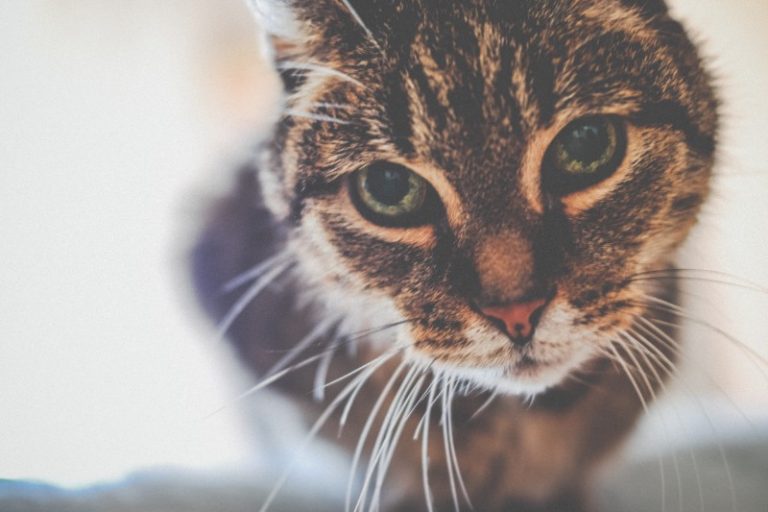 Cats are pretty hardy, what with their nine lives and all, but they aren’t invincible. At The Maywood Veterinary Clinic, one of the most common problems that we see in cats is chronic kidney disease.
Cats are pretty hardy, what with their nine lives and all, but they aren’t invincible. At The Maywood Veterinary Clinic, one of the most common problems that we see in cats is chronic kidney disease.
Feline kidney disease is a common and potentially life-threatening problem that cat owners should understand – after all, knowledge is power.
The Amazing Kidney
Cat’s bodies are truly amazing. Each organ has its own incredible functions, all working together to create a perfectly operating system. The kidneys are an essential part of several important bodily functions including:
- Filtering waste products from the bloodstream
- Regulating hydration
- Balancing electrolyte concentrations in the body
- Managing blood pH
- Regulating blood pressure
- Stimulating red blood cell production
Without them, our pets would not be able to function. When they are not working properly, waste products may build up the blood resulting in thirst, lethargy, nausea, and other unwelcome symptoms. Dehydration may occur, and electrolyte imbalances can wreak havoc on the function of other organs. Blood pressure can skyrocket and anemia may occur.
When Feline Kidney Disease Strikes
While the kidneys can be acutely damaged through things like toxin exposure, urine outflow obstruction, or temporarily decreased blood flow, chronic kidney disease in cats is more common.
Chronic kidney disease in cats happens when a problem affects kidney function over time. Many times we do not know why this occurs (although it may just be a change that happens with aging in some animals). In other cases, though, a congenital malformation or disease of the kidney, a tumor, a long-standing infection, or chronic inflammation may be the culprit.
When chronic kidney disease in cats occurs, the symptoms may be very vague. They are sometimes hard to detect because they creep up slowly over time. Commonly we see:
- Weight loss
- Decreased appetite
- Lethargy
- Increased drinking
- Increased urination
- Dull, unkempt coat
- Vomiting
- Overall weakness
Because other diseases can appear similar, it is important to obtain a diagnosis. If your cat is experiencing these types of symptoms, call us right away at (201) 800-6039 so that we can get started.
Many times we are able to diagnose the problem based on blood and urine testing. Once we have a diagnosis, we can often manage our cat patients, helping them to have a good quality of life. Our success in accomplishing this depends on how quickly the problem is diagnosed. This is why routine screening tests are so important – many times we can diagnose a problem long before any outward signs are apparent.
Cats with chronic kidney disease often benefit from dietary changes and the management of hydration status at home. These plans are specific to each individual situation and will be discussed with you by one of our professional staff.
Some cats may also benefit from phosphate binders, potassium supplements, blood pressure medications, and treatment of anemia depending on their lab work.
While chronic kidney disease in cats is not typically a curable condition, it is one that can be quite manageable. By working together as a team, we can help you to enjoy more quality time with your purr-fectly healthy pal.

